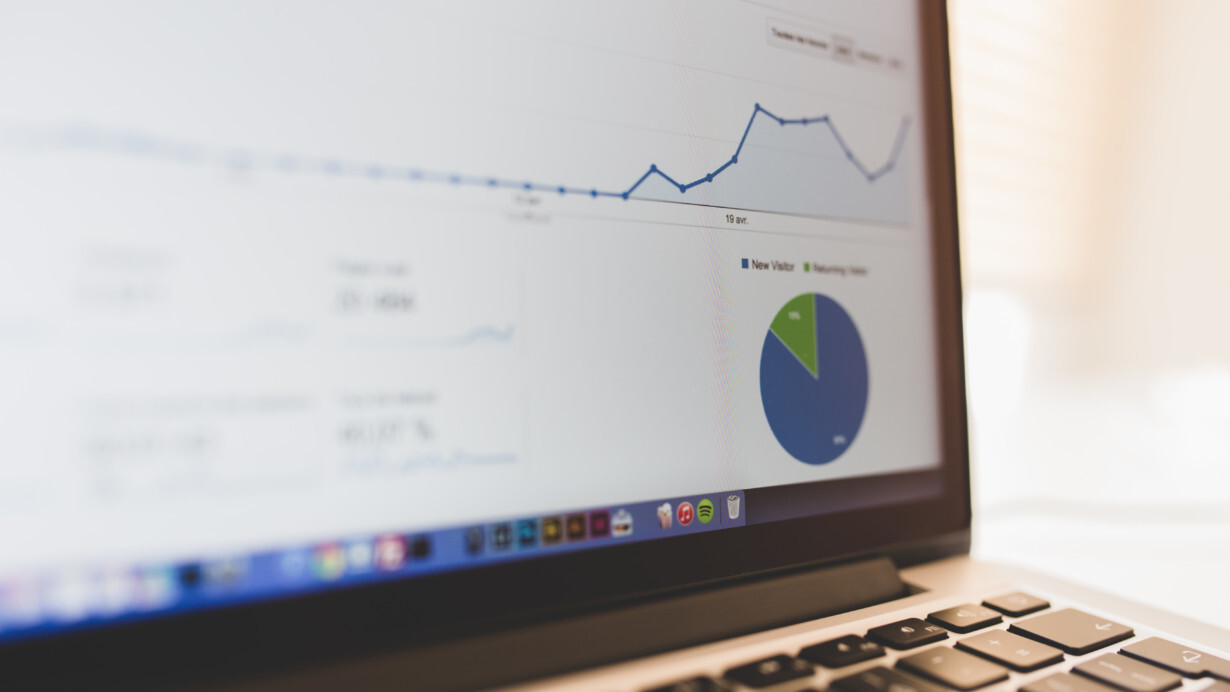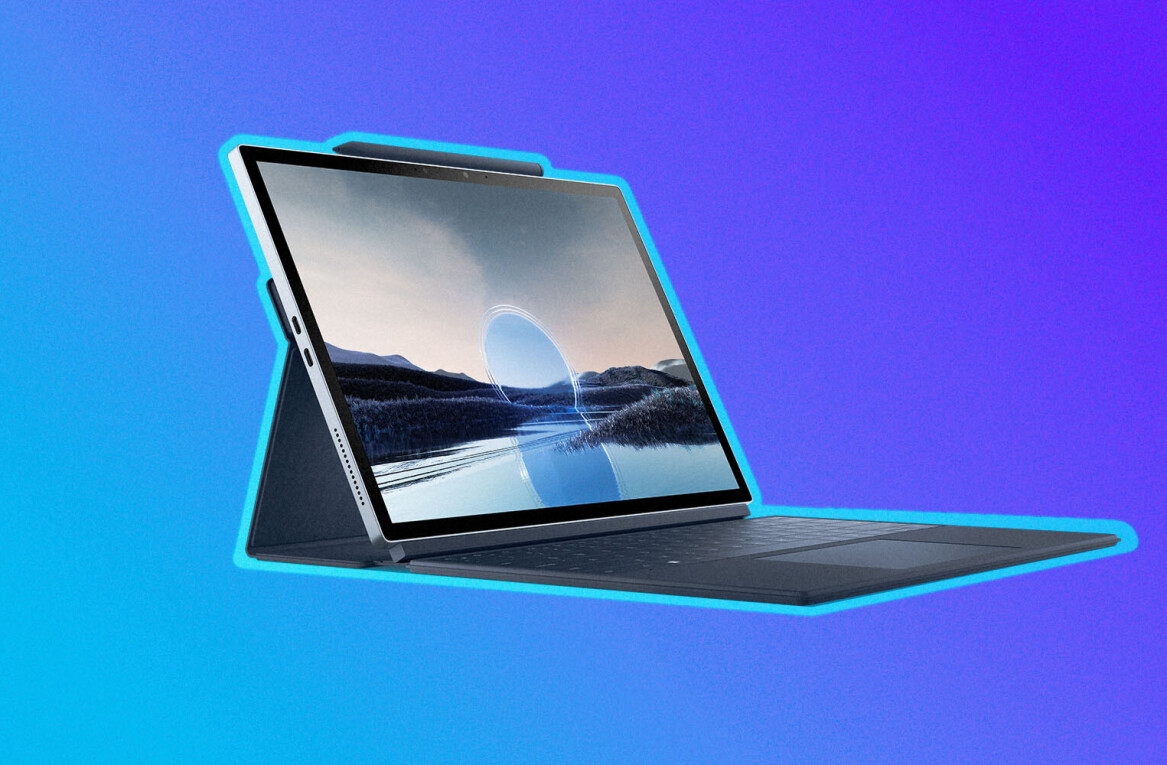
Machine learning is becoming more prevalent than ever before and is slowly integrating into our day–to–day lives. From maximizing efficiency in the workplace to better understanding how consumers emotionally connect to brands, services and products, the applications of artificial intelligence seem limitless. But some industries have been quicker than others to adopt this frontier technology.
Since major shifts can be disruptive, planning ahead can help avoid some of the growing pains. That’s why I asked members of the Young Entrepreneur Council:
What industry do you think AI technology will disrupt next?
Their best answers are below:
1. Forecasting
 The analysis is supposed to be what humans bring to data, but programs are getting better and better at identifying trends before a human would have noticed them. By identifying and targeting trends, AI will be able to effectively establish business plans. How much longer before AI is being trusted in long-term planning decisions? How much longer before AI is the most prescient member of a team? – Adam Steele, The Magistrate
The analysis is supposed to be what humans bring to data, but programs are getting better and better at identifying trends before a human would have noticed them. By identifying and targeting trends, AI will be able to effectively establish business plans. How much longer before AI is being trusted in long-term planning decisions? How much longer before AI is the most prescient member of a team? – Adam Steele, The Magistrate
2. Customer service
 AI’s abilities have already grown beyond answering simple text questions: It can now fully interact with humans, giving customers a faster, sometimes more accurate response. With how fast this is already happening, one would have to think that the customer service industry is about to be greatly disrupted. – Abhilash Patel, Recovery Brands
AI’s abilities have already grown beyond answering simple text questions: It can now fully interact with humans, giving customers a faster, sometimes more accurate response. With how fast this is already happening, one would have to think that the customer service industry is about to be greatly disrupted. – Abhilash Patel, Recovery Brands
3. Education
 I think AI will change how schools create curriculums and teach students, who all learn in different ways. The same patterns used to identify behaviors and differences in other industries will be used to understand how each student learns so that customized teaching methods can be easily deployed. – John Rampton, Due
I think AI will change how schools create curriculums and teach students, who all learn in different ways. The same patterns used to identify behaviors and differences in other industries will be used to understand how each student learns so that customized teaching methods can be easily deployed. – John Rampton, Due
4. Finance
 Why do you need to pay a management fee for something that AI can do and oftentimes perform better than a human can? AI has the potential to eliminate the financial advisor and finally give you unbiased advice, where you can choose your level of risk for your investments without the fees tied to it. – Alex Chamberlain, EasyLiving
Why do you need to pay a management fee for something that AI can do and oftentimes perform better than a human can? AI has the potential to eliminate the financial advisor and finally give you unbiased advice, where you can choose your level of risk for your investments without the fees tied to it. – Alex Chamberlain, EasyLiving
5. Foodservice
 We are already seeing bars that are self-serve and fast food joints that use automated methods of cooking food. As this expands, it’ll change the foodservice industry as we know it. – Renato Libric, Bouxtie Inc
We are already seeing bars that are self-serve and fast food joints that use automated methods of cooking food. As this expands, it’ll change the foodservice industry as we know it. – Renato Libric, Bouxtie Inc
6. Personalized health care
 AI can take out the guessing game most health care practitioners have to play to diagnose certain symptoms. Once my genome, life cycle, food/nutrition, and basic day–to–day physiological data are all connected, AI can support health care practitioners to make informative decisions and provide guidance on various possible customized solutions, with the probability of success for each patient. – Shilpi Sharma, Kvantum Inc.
AI can take out the guessing game most health care practitioners have to play to diagnose certain symptoms. Once my genome, life cycle, food/nutrition, and basic day–to–day physiological data are all connected, AI can support health care practitioners to make informative decisions and provide guidance on various possible customized solutions, with the probability of success for each patient. – Shilpi Sharma, Kvantum Inc.
7. Medical
 There are plenty of articles that push the boundaries of the technological advancement of human transplants. These articles state that the medical industry is making strides to integrate AI into biological tissue to prolong human life. – Duran Inci, Optimum7
There are plenty of articles that push the boundaries of the technological advancement of human transplants. These articles state that the medical industry is making strides to integrate AI into biological tissue to prolong human life. – Duran Inci, Optimum7
8. Logistics
 We’re starting to see it in the trucking industry already with smart trucks hitting the roads soon. Supply chains are ready and primed to become fully automated. As AI grows, so will the machines that can simply connect the dots across the supply chain. – Nicole Munoz , Start Ranking Now
We’re starting to see it in the trucking industry already with smart trucks hitting the roads soon. Supply chains are ready and primed to become fully automated. As AI grows, so will the machines that can simply connect the dots across the supply chain. – Nicole Munoz , Start Ranking Now
9. Loyalty programs
 AI will appear at the intersection of customer service, including everything from booking appointments to scheduling a pickup or delivery to repeat transactions. Anywhere brands have loyalty information and customers repeatedly interacting will be automated through chatbots and AI. – Dan Golden, BFO (Be Found Online)
AI will appear at the intersection of customer service, including everything from booking appointments to scheduling a pickup or delivery to repeat transactions. Anywhere brands have loyalty information and customers repeatedly interacting will be automated through chatbots and AI. – Dan Golden, BFO (Be Found Online)
10. Marketing
 We work with CMO teams and have already seen the positive impacts that AI can have on acquisition, retention and overall sales. If implemented well, AI can provide hyper-personalization in real time, create customized assets at scale (images, marketing copy and ad soundtracks), seamlessly connect all aspects of the marketing funnel, anticipate the consumer’s need and more. – Adelyn Zhou, TOPBOTS
We work with CMO teams and have already seen the positive impacts that AI can have on acquisition, retention and overall sales. If implemented well, AI can provide hyper-personalization in real time, create customized assets at scale (images, marketing copy and ad soundtracks), seamlessly connect all aspects of the marketing funnel, anticipate the consumer’s need and more. – Adelyn Zhou, TOPBOTS
11. Procurement
 Already penetrating the surface, with machine-learning technologies built into sourcing software, AI will revolutionize the procurement and supply chain industry in the next few years. It’ll really push the industry forward by helping to automate some of the most time-consuming manual tasks, like identifying risks and out-of-the-box opportunities. – Stan Garber, Scout RFP
Already penetrating the surface, with machine-learning technologies built into sourcing software, AI will revolutionize the procurement and supply chain industry in the next few years. It’ll really push the industry forward by helping to automate some of the most time-consuming manual tasks, like identifying risks and out-of-the-box opportunities. – Stan Garber, Scout RFP
12. Public relations
 While aspects of PR, such as media relations and strategic campaign planning, will always require human brainpower, there are a few things that can be automated with the help of AI. PR reporting and media monitoring are examples of this. They’re time-consuming when done manually, and can be replaced with more efficient practices with the help of PRTech. – Sharam Fouladgar-Mercer, AirPR
While aspects of PR, such as media relations and strategic campaign planning, will always require human brainpower, there are a few things that can be automated with the help of AI. PR reporting and media monitoring are examples of this. They’re time-consuming when done manually, and can be replaced with more efficient practices with the help of PRTech. – Sharam Fouladgar-Mercer, AirPR
13. Search
 The next industry artificial intelligence will disrupt is the way in which we search. By being able to learn a user’s behavior, intelligence can be leveraged to find the best match for each individual person. Self-learning systems will benefit from understanding users’ preferences and behaviors, which in turn will match them up to information, solutions or products more effectively than ever. – Diego Orjuela, Cables & Sensors
The next industry artificial intelligence will disrupt is the way in which we search. By being able to learn a user’s behavior, intelligence can be leveraged to find the best match for each individual person. Self-learning systems will benefit from understanding users’ preferences and behaviors, which in turn will match them up to information, solutions or products more effectively than ever. – Diego Orjuela, Cables & Sensors
14. Security
 The enterprise IT industry has a huge security problem: Developers and security professionals can’t keep up with the pace at which new vulnerabilities and attacks appear. Machine learning is really the only solution: It can trawl huge amounts of data, learn new patterns and identify risks with far greater accuracy than humans. – Vik Patel, Future Hosting
The enterprise IT industry has a huge security problem: Developers and security professionals can’t keep up with the pace at which new vulnerabilities and attacks appear. Machine learning is really the only solution: It can trawl huge amounts of data, learn new patterns and identify risks with far greater accuracy than humans. – Vik Patel, Future Hosting
Get the TNW newsletter
Get the most important tech news in your inbox each week.


